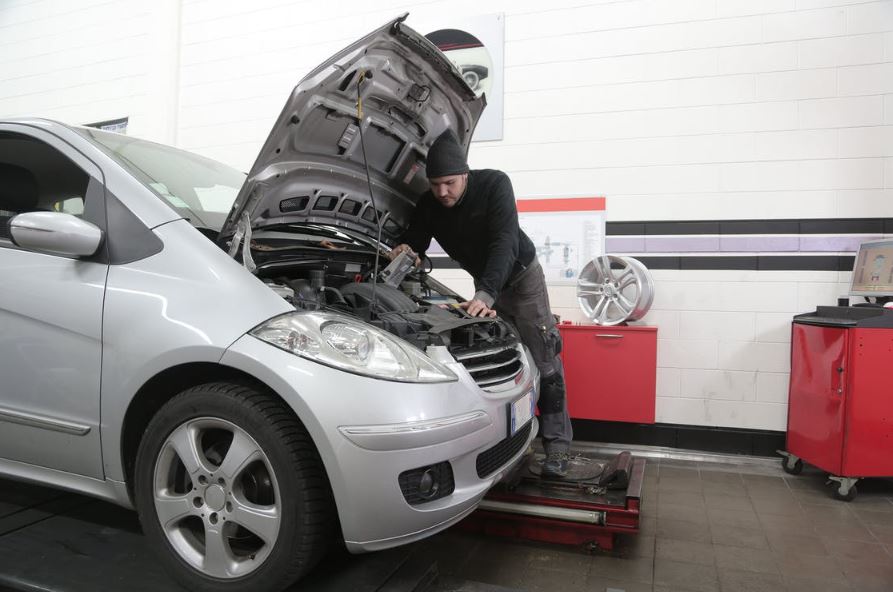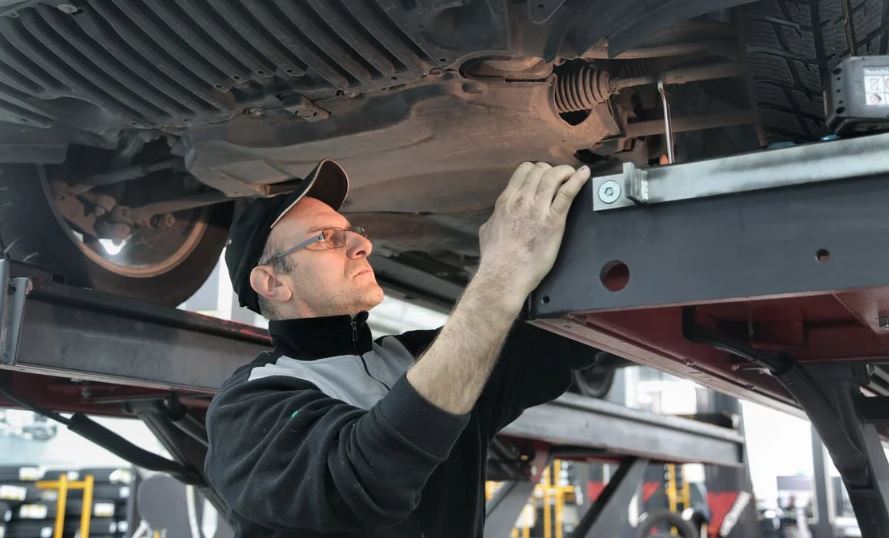There are a number of common car issues that can crop up from time to time. Learning how to fix them can save you a lot of money and hassle in the long run. It’s important to be aware of the most common problems so that you can troubleshoot them quickly and effectively. This is especially true if you’re driving an older vehicle. Here are some of the most common car issues and how to fix them.
1. Stuck key in the ignition
If you’re having trouble getting your key out of the ignition, there are a few things you can try. First, make sure that the car is in the park. If it’s not, the key may be stuck in the “on” position. You can also try wiggling the key back and forth to see if that releases it. If neither of these methods works, you may need to call a tow truck or locksmith to get the key out. If for example, the car key won’t turn in the ignition then this will be an issue that needs to be addressed by a professional. Additionally, if the ignition itself is damaged, it will need to be replaced. It’s a good idea to have a spare key on hand in case this happens.
2. Dead battery
A dead battery is one of the most common car issues. If your battery dies, you can usually jump-start it by using another car with a working battery. Once the dead battery is jumped, be sure to drive around for at least 15 minutes to allow the charge to build back up. If the battery dies frequently, it may need to be replaced. Additionally, if your car’s headlights are dimming, this is an indication that the battery is losing power and will eventually die. This problem can usually be solved by having the battery and alternator checked by a mechanic.
3. Flat tire
If you get a flat tire, the first thing you’ll need to do is change it. Depending on the type of tire, you may be able to change it yourself or you may need to call a tow truck. Be sure to have a spare tire in your trunk so that you’re prepared for this situation. Once you’ve changed the tire, take it to a nearby service station to have it repaired or replaced. Additionally, check the air pressure in all of your tires on a regular basis to help prevent flats. It’s also a good idea to keep an emergency kit in your car that includes a flashlight, flares, and other essential items.
4. Overheating engine
If your engine starts to overheat, it’s important to take action immediately. Pull over to the side of the road and turn off the engine. Let the car cool down for at least 20 minutes before opening the hood. If you see steam or evidence of a coolant leak, do not open the radiator cap. This can cause serious burns. Once the engine has cooled, check the coolant level and add more if needed. If the problem persists, have the car towed to a nearby service station for repairs. It’s also a good idea to have your cooling system checked regularly by a mechanic to help prevent overheating.
5. Brake problems
If your brakes are squealing or grinding, this is an indication that they need to be replaced. You should also have your brakes checked if they feel spongy when you press on them. These are both signs that the brake pads are wearing down and need to be replaced. Additionally, if your car is pulling to one side when you brake, this indicates that the brakes are out of alignment and need to be serviced. Be sure to have any brake problems checked out by a qualified mechanic as soon as possible. This is one repair that you do not want to put off.
6. Transmission problems
If your car is having trouble shifting gears, this is a sign of transmission problems. You may also notice that the car is slipping out of gear or that the gear shift feels loose. Transmission issues can be dangerous, so it’s important to have them checked out by a mechanic right away. Additionally, if your car starts making strange noises when you’re driving, this could be an indication of transmission problems. Be sure to listen for any unusual sounds and have the car checked out if you hear anything suspicious. Also, be sure to have the transmission serviced on a regular basis to help prevent problems.
7. Leaking fluids
If you see fluid leaking from your car, it’s important to determine what type of fluid it is. Oil leaks are common, but coolant and brake fluid leaks are also serious problems. If you see fluid leaking, put a piece of cardboard under the car to determine what type of fluid it is and how much is leaking. Be sure to clean up any leaked fluids immediately to avoid making a mess. Once you’ve determined what type of fluid is leaking, have the car towed to a nearby service station for repairs. It’s also a good idea to check your car’s fluids on a regular basis to help prevent leaks.
8. Electrical problems
If your car’s headlights are flickering or the interior lights are dimming, this indicates electrical problems. Additionally, if your car stereo cuts in and out or the power windows stop working, these are also signs of electrical issues. Electrical problems can be caused by loose wires or a faulty battery. If you’re having electrical problems, it’s important to have the car checked out by a qualified mechanic. This is especially true if you’re having trouble starting the car, as this could indicate a serious issue with the battery.

Car problems are inevitable, but many of them can be prevented with proper maintenance. Be sure to check your car’s fluids on a regular basis and have the car serviced regularly. This will help keep your car in good running condition and prevent serious issues from developing. Additionally, if you do experience car problems, be sure to take action immediately. By knowing what to look for and how to fix common issues, you can keep your car on the road and avoid costly repairs.

